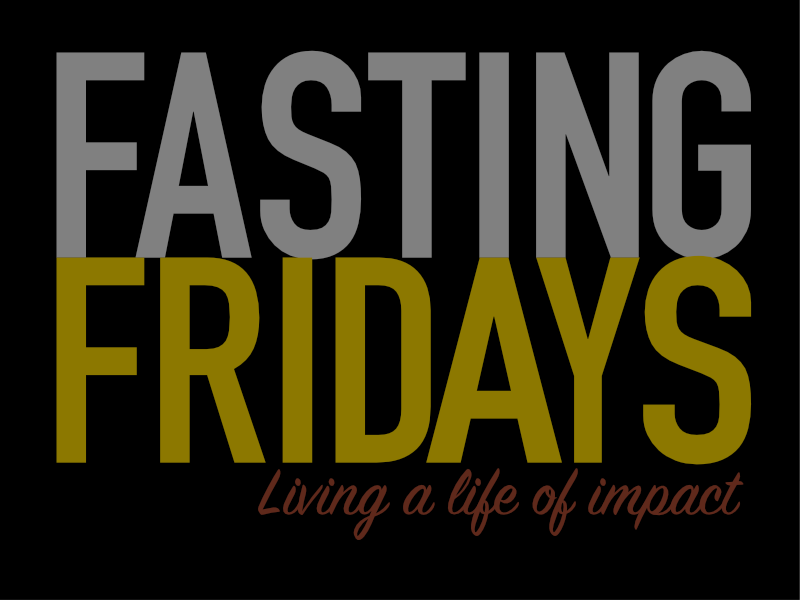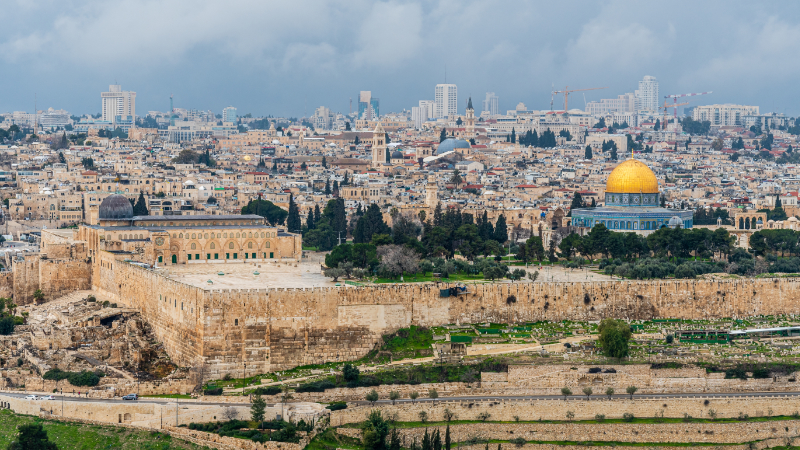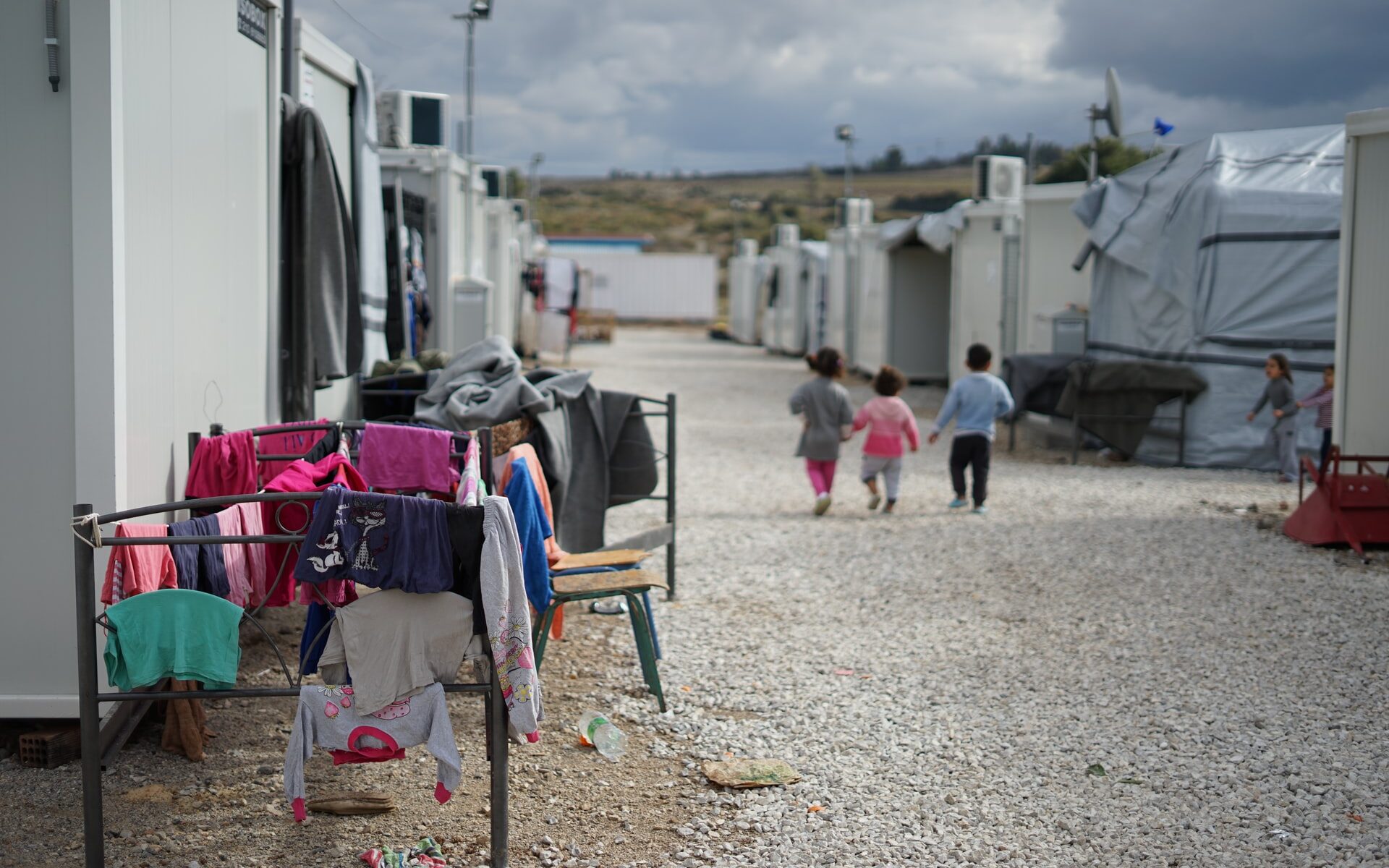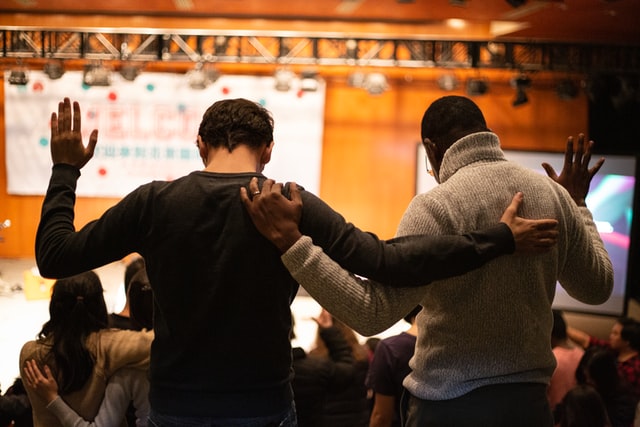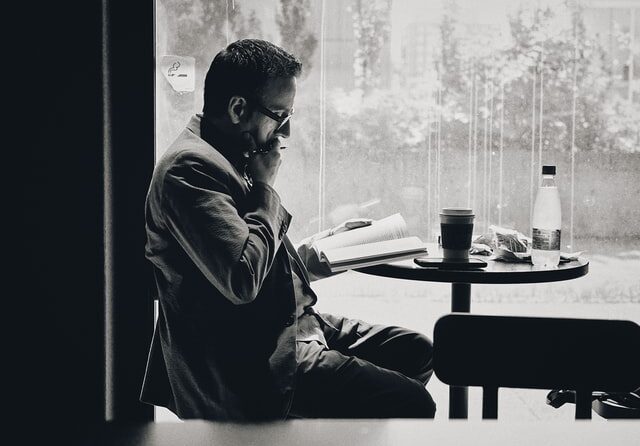A friend asked me a while ago what word spoke to me in my reading. It reminded me of something that I was pondering on as I worked my way through the book of Kings (I & II).
As you read through the chapters and the records of the Kings of Israel and Judah, you see a consistent phrase repeated when it comes to the wicked Kings
He did what was evil in the sight of the Lord and followed the sins of Jeroboam the son of Nebat, which he made Israel to sin; he did not depart from them. 2 Kings 13:2
As I started to see this same phrase over and over, I started to think on what that means. Because I’ve been taught when there is a phrase in the Bible which is repeated, it usually has some underlying meaning. Why would the Bible not just refer to these Kings as wicked? Why does it specifically refer to “the sins of Jeroboam.. which he made Israel to sin”?
Could it be, that the Bible is not just referring to random wickedness, but a specific aspect? Remember that during this period of the history of God’s people, there was wickedness among the people and they had worshipped the gods of the Caananites. They had built high places and asheras and worshipped these gods there.
So I started to consider if the Bible is referring not just to singular acts of wickedness, but a spirit of wickedness that Jeroboam served.
You see, in the Bible we understand that Satan has his chiefs, princes of regions. These are spirits who are given charge over that whole region for the sake of the domain of darkness, the kingdom of darkness.
These spirits influence men and contend against the spirit of God, even though they cannot prevail and will ultimately be defeated..
But the prince of the Persian kingdom resisted me twenty-one days. Then Michael, one of the chief princes, came to help me, because I was detained there with the king of Persia. Daniel 10:13
This is a description of an angel of God who was sent with a word to Daniel. However, the word faced resistance from the “prince of Persia” until the archangel Michael was sent to resolve this impasse. See the princes of darkness can contend but the word of God will prevail.
“But even the archangel Michael, when he was disputing with the devil about the body of Moses, did not himself dare to condemn him for slander but said, “The Lord rebuke you!” Jude 1:9
Given all that, maybe the constant reference to “the sins of Jeroboam” is referring to this power of darkness that Jeroboam served.
But it is important, Christian, to know that there is a greater power, a greater Spirit, and unlike even with the archangels, we are blessed with God’s very presence in our hearts. The Holy Spirit motivates us into a close relationship with Him, and understand that even the greatest power of this world cannot stand against the presence of God.
See in Mark 9:29 Jesus says “29 He replied, “This kind can come out only by prayer.”. In this passage, we see that the disciples could not cast out a demon, where Jesus commands the demon to leave, and it does so, because He is the creator of all things, and nothing can deny His Word. In our case, as Christians, we have the indwelling presence of the Holy Spirit, and as such we are not under the dominion of darkness.
“For he has rescued us from the dominion of darkness and brought us into the kingdom of the Son he loves” - Colossians 1:13
So we need not fear this dominion of darkness, neither the princes of the air or this world, but to be wise, we ought to know of these things.
1 And you were dead in the trespasses and sins 2 in which you once walked, following the course of this world, following the prince of the power of the air, the spirit that is now at work in the sons of disobedience .. 4 But[c] God, being rich in mercy, because of the great love with which he loved us, 5 even when we were dead in our trespasses, made us alive together with Christ—by grace you have been saved— 6 and raised us up with him and seated us with him in the heavenly places in Christ Jesus” Ephesians 2:1-5
So, we ought to know which Spirit we serve, for all men serve a master, we must only choose the master we serve. As the Bible says
15 See, I set before you today life and prosperity, death and destruction. 19 ..Now choose life, so that you and your children may live 20 and that you may love the Lord your God, listen to his voice, and hold fast to him.” Deuteronomy 30: 15-20
Let us remain in His presence today!
